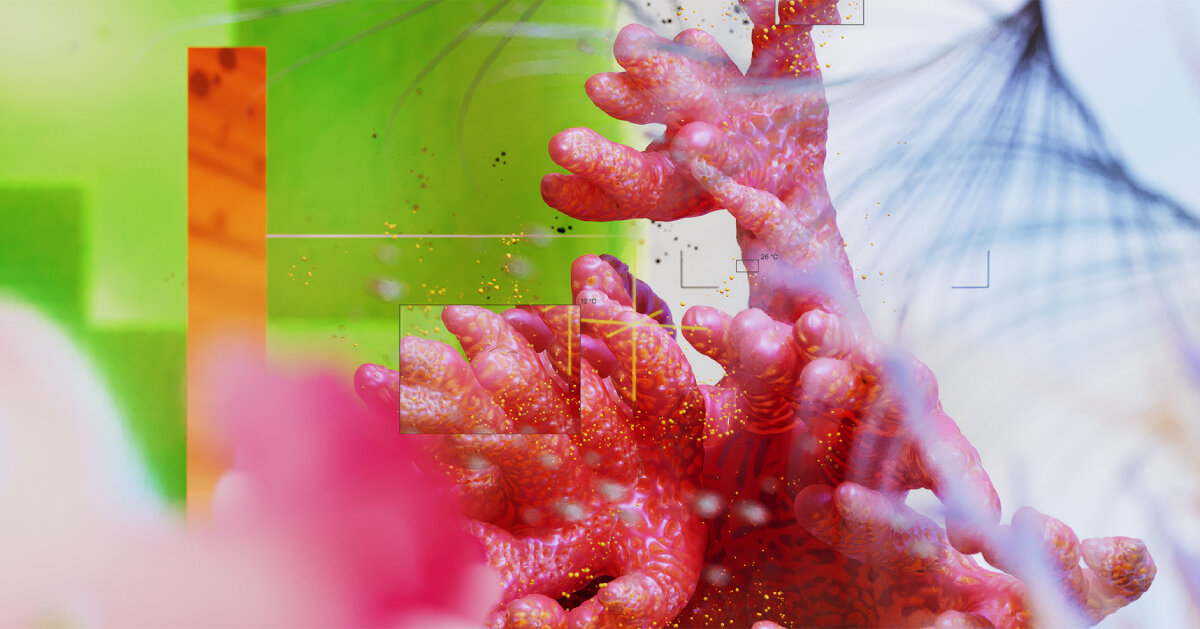
The all-female team at Dada Projects, led by Christina Worner, teams up with Google DeepMind to delve into the intersection of AI and sustainability. Two new films, poetically visualized by the 3D motion studio, depict how this technology can provide a deeper understanding of global warming and its impacts on ecosystems, as well as how it can improve the prediction of extreme weather.
The first film, AI for Sustainability, highlights AI’s ability to provide insights into global ecosystems on various scales, emphasizing its role in analysing vast real-time and historical data to predict and mitigate risks. Especially in preserving vital marine ecosystems like algae’s efficient CO2 absorption. The second film, titled Weather, Climate, and Nowcasting, visualizes various stages of weather scenarios, showcasing AI’s crucial role in forecasting disasters.
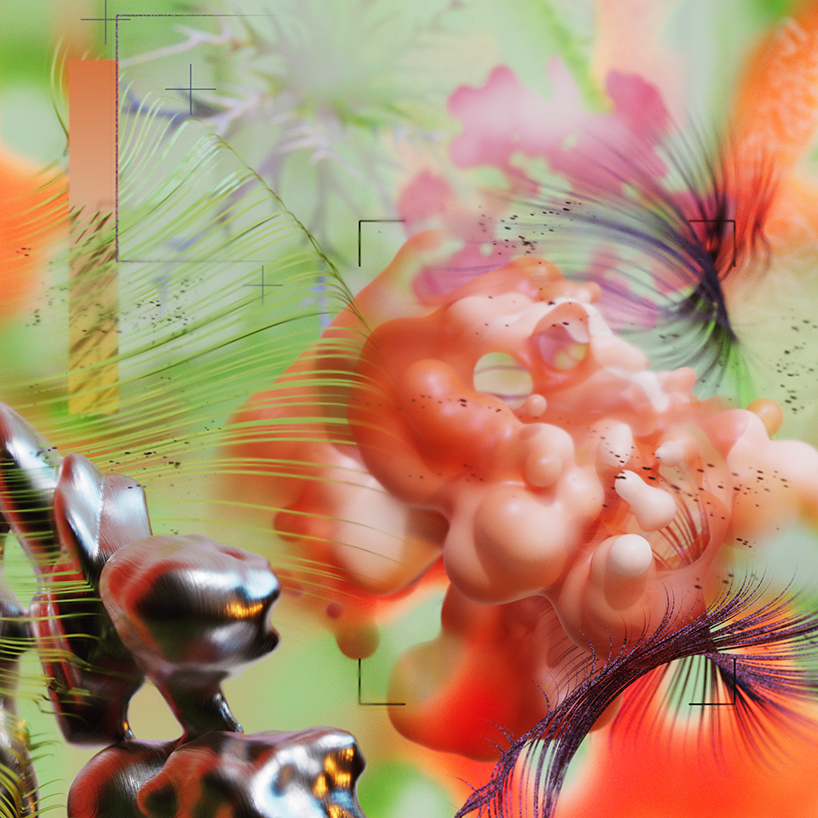
all images courtesy of Dada Projects
dada projects teams up with google deepmind
The team was invited to spend time with scientists, engineers, researchers, and ethicists to discuss key themes in AI, using these conversations as a catalyst to create new artworks for the films. Given complete creative freedom, the brief explicitly called for a visual interpretation of the shared knowledge through Dada Projects’ own lens. Completing its first AI-based project, the studio utilized advanced software tools to communicate Google DeepMind’s (more here) cutting-edge developments using AI to enhance climate modelling to comprehend climate change patterns and improve forecasting of extreme weather events, helping communities around the world prepare and respond.
AI for Sustainability, the first film, aims to underscore how AI can provide insights into global ecosystems on both macro and micro scales. The Betsiboka Estuary in Madagascar caught Dada Projects’ attention due to its status as one of the fastest-changing coastlines globally. Using DEM Earth, a plugin for Cinema 4D (C4D), they extracted precise geographic coordinates from sources like Google Maps to accurately visualize the estuary. The team then textured the terrains to represent the intricate details and significance of these habitats, including a space-view depiction of ecosystems and a microscopic focus on coral reefs.
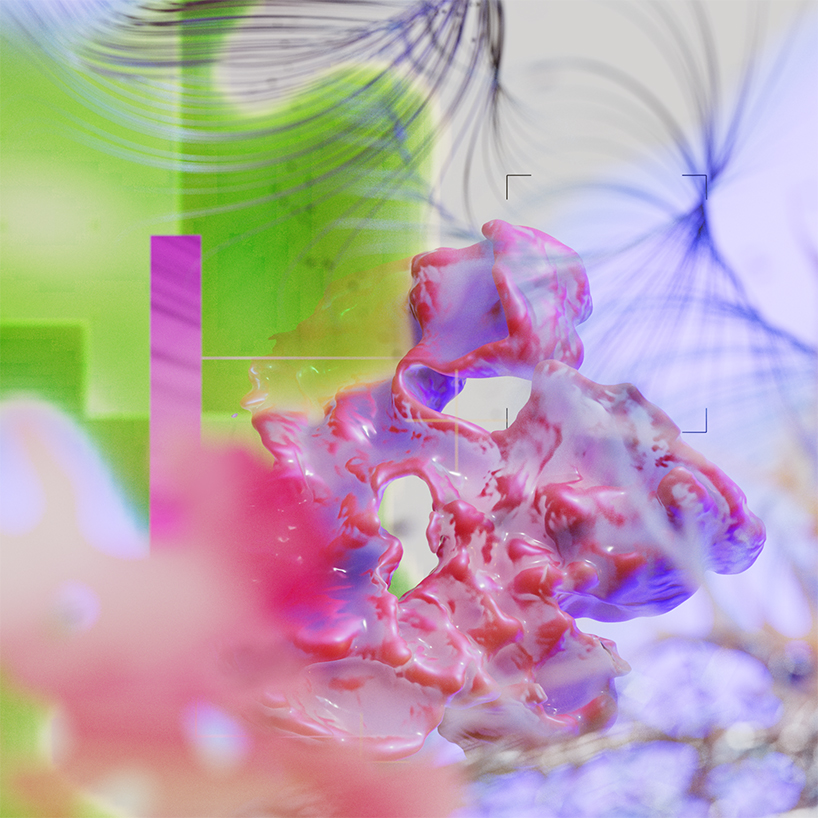
Dada Projects, led by Christina Worner, teams up with Google DeepMind
the two films visualize the power of AI in sustainability
Further, Touch Designer was utilized to visualize the computational power of AI. This involved showcasing the rapid collection and processing of data, illustrating the generative and dynamic capabilities of AI in handling vast amounts of information quickly and efficiently. The film thus highlights AI’s comprehensive perspective of the impacts of a changing climate on global ecosystems, helping communities and ecosystems cope with the impacts of a changing climate and paving the way for a more sustainable future.
In the film Weather, Climate and Nowcasting, Dada Projects addresses how with climate change leading to more severe weather, AI becomes crucial in predicting disasters in advance, enabling better preparation and mitigation. It can assist in predicting cyclones and floods, enhancing disaster prevention by forecasting precipitation levels and potential flood scenarios. Through slow-motion visuals and color shifts representing temperature changes, they illustrate how AI predicts cyclones, precipitation levels, and potential floods, helping to reduce their impact. C4D, Houdini, and tracking software were employed to map data points onto abstract representations of cyclones, atmospheric rivers, and floods, demonstrating AI’s analytical and processing capabilities.
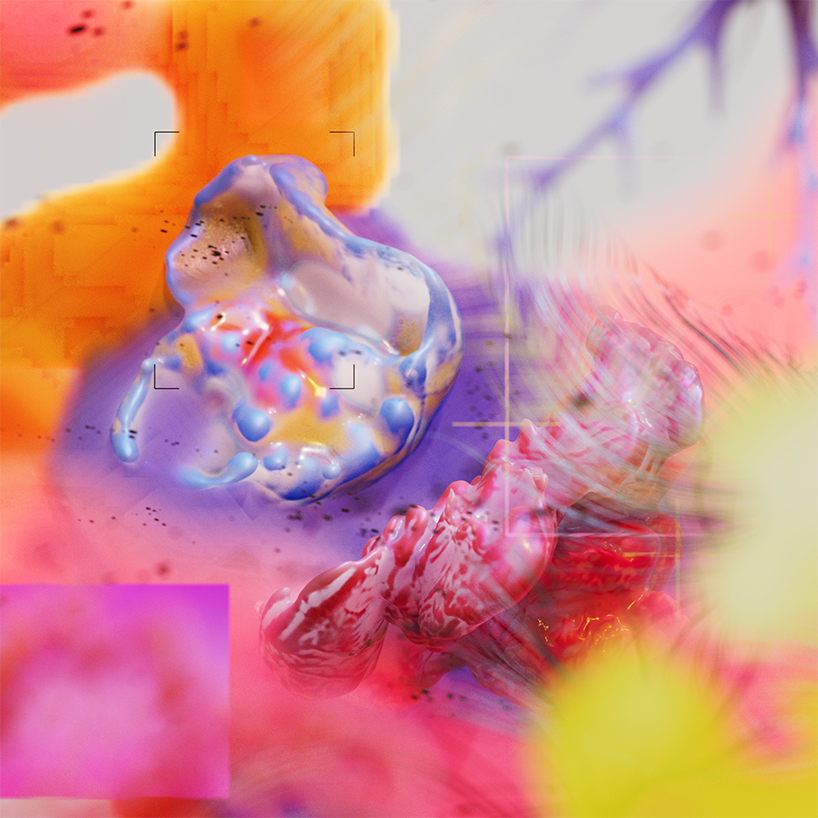
two new films depict how AI can provide a deeper understanding of global warming
AI has revolutionized weather forecasting and nowcasting by processing vast datasets from satellites, weather stations, and radar systems, uncovering intricate patterns and relationships to enhance prediction accuracy. In nowcasting, AI’s real-time data analysis, image recognition, and contributions to numerical weather prediction models enable more precise short-term weather predictions. Beyond accuracy, AI significantly improves the ability to predict extreme weather events, aiding disaster preparedness and response. Its integration into decision support systems provides timely information to emergency responders, contributing to a more resilient and adaptive approach to managing dynamic atmospheric conditions.
Together, the films highlights AI’s speed and analytical power, showcasing its potential to benefit communities and foster a sustainable future. ‘AI is a seamless tool in our creative workflow, making processes more efficient and enhancing the creative scope. The relationship between artists and AI is evolving, fostering collaboration, and pushing the boundaries of creativity. And we’re really grateful to Google DeepMind for choosing us to collaborate on this project,’ shares Christina Worner. Dex Hunter-Torricke, Head of Communications and Marketing, Google DeepMind, notes: ‘AI will be transformative for society and opens up a huge range of possible futures. Google DeepMind is proud to have partnered with artists from around the world to explore these futures.’

Micro Coral visualization
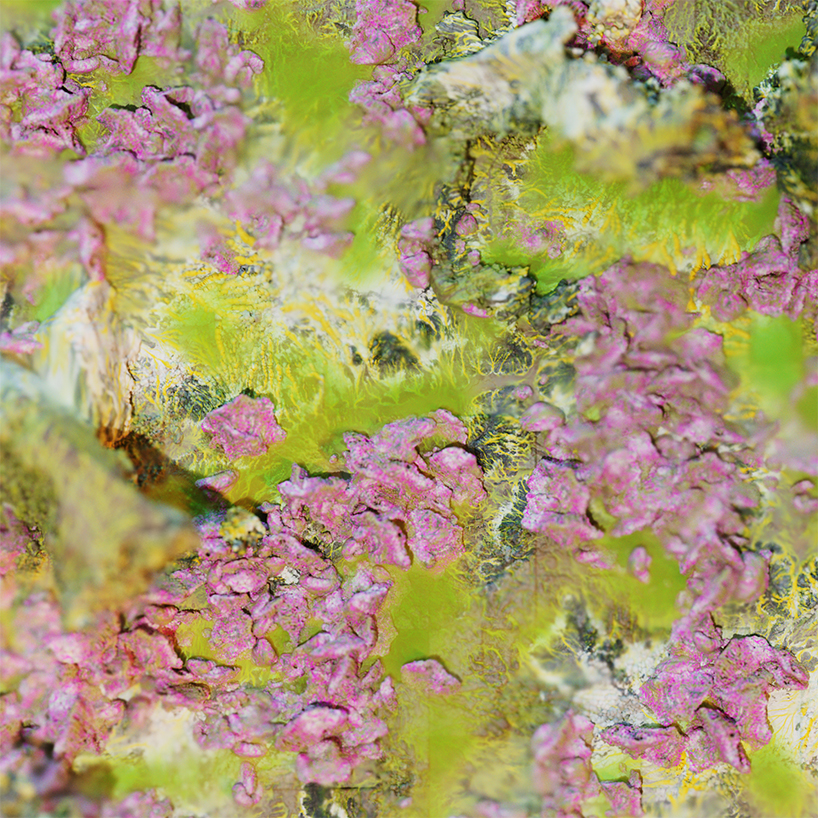
Coral Terrain visualization
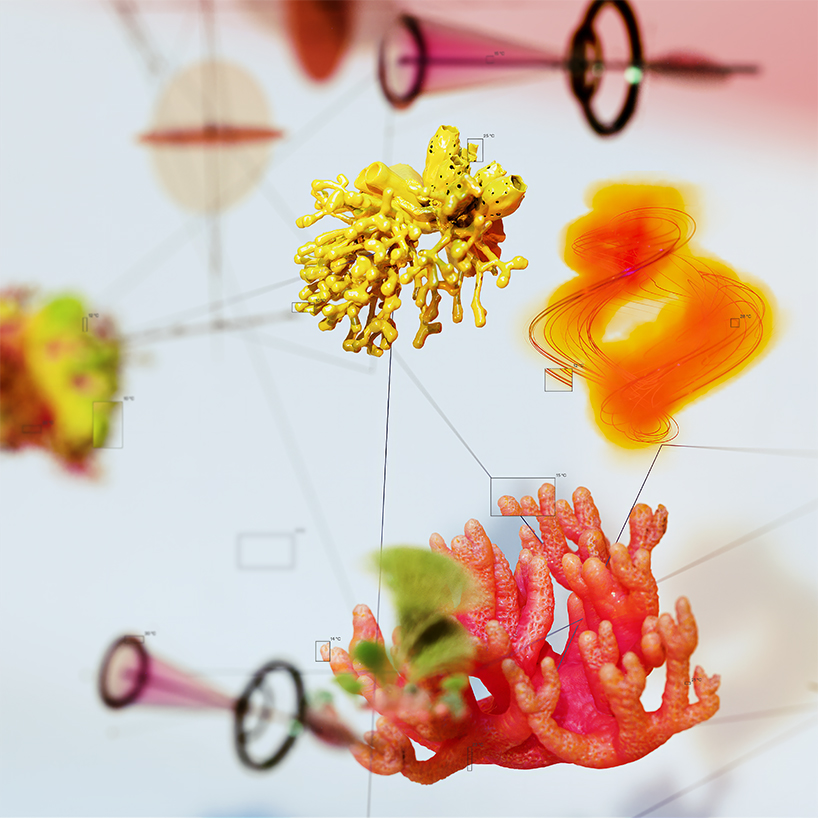
the film, AI for Sustainability, highlights AI’s ability to provide insights into global ecosystems on various scales
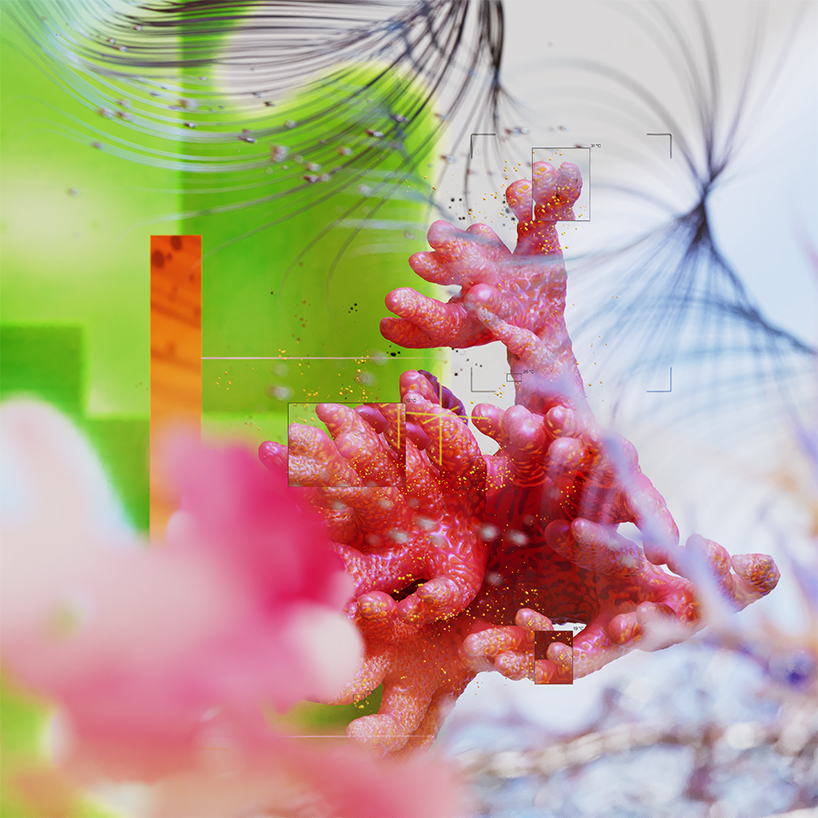
Weather, Climate, and Nowcasting showcases AI’s crucial role in forecasting disasters










